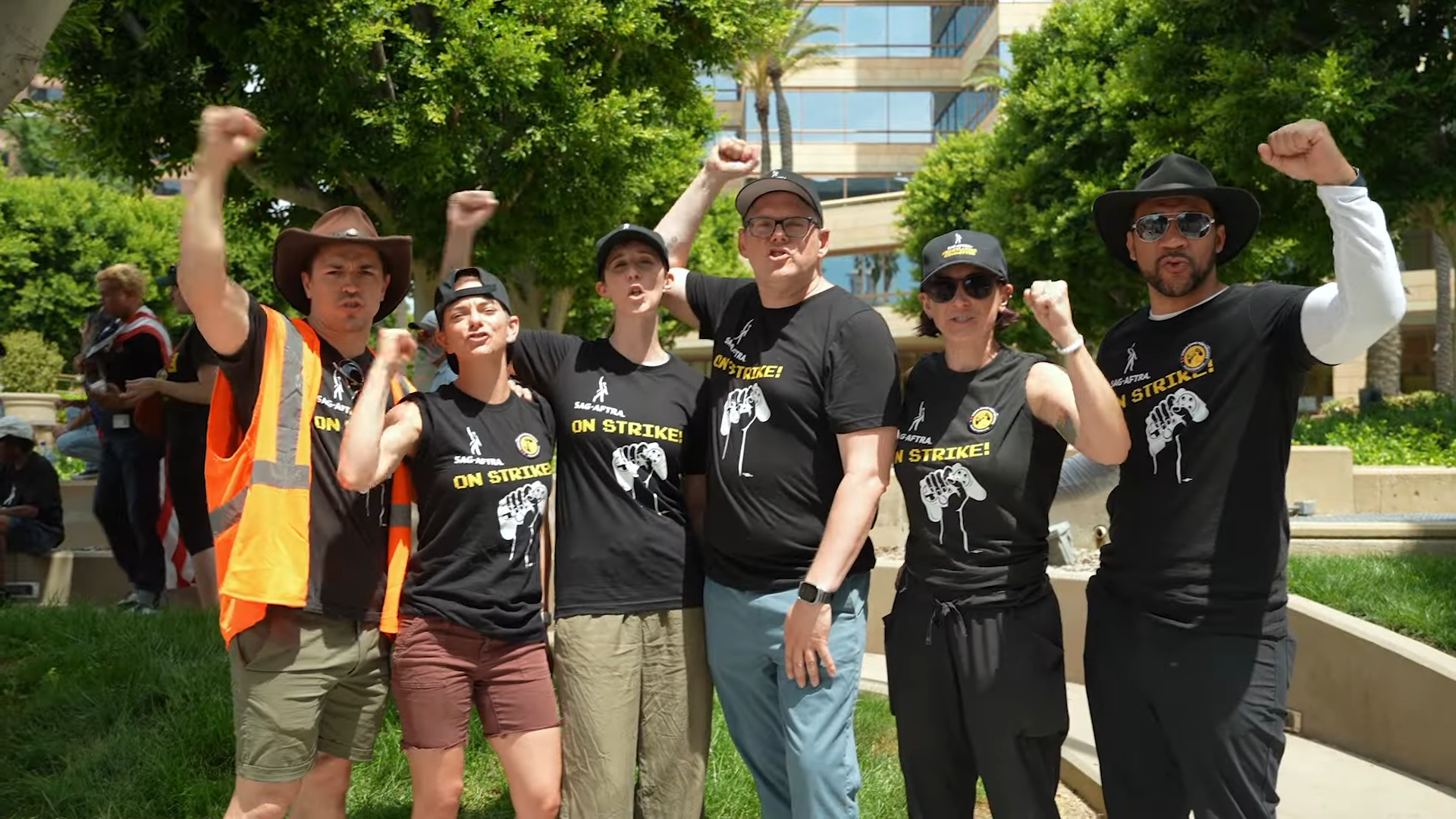Video game actors make progress in AI strike, but major publishers hold out

Video game performers have reached agreements with 80 games that include AI protections, after more than a month on strike. However, the walkout against major game publishers continues.
The Screen Actors Guild-American Federation of Television and Radio Artists (SAG-AFTRA) said voice actors and motion-capture artists have secured deals with 80 games that signed interim or tiered budget agreements accepting the union's AI provisions.
The strike stems from concerns that game producers are using AI to recreate actors' voices and images without consent or fair compensation. SAG-AFTRA says the protest targets this exploitative use of AI, not AI progress overall.
The interim agreements allow union members to work during the strike. Some companies not involved in the main dispute have voluntarily signed on, which SAG-AFTRA sees as a sign "that the video game companies in the collective bargaining group do not represent the will of the larger video game industry."
Talks for a new contract began in October 2022, but many companies have resisted making firm commitments on AI protections. SAG-AFTRA President Fran Drescher said the union won't accept any deal that allows companies to misuse AI at members' expense.
The new agreements protect past and future work from uncontrolled AI use. However, major studios like Activision, Disney, Electronic Arts, Insomniac Games and Warner Bros. Games - the main strike targets since July - haven't signed on.
AI's positive impact on gaming
The technology is also benefiting game development. AI can streamline asset creation while improving quality and speed, enabling new game concepts. For example, Promethean AI software learns from developers to handle repetitive tasks and create quick prototypes.
AI assists in graphics rendering too. Nvidia's DLSS uses AI upscaling to boost performance from existing hardware. Recently, researchers demonstrated a neural network rendering the classic game Doom in real-time.
AI News Without the Hype – Curated by Humans
As a THE DECODER subscriber, you get ad-free reading, our weekly AI newsletter, the exclusive "AI Radar" Frontier Report 6× per year, access to comments, and our complete archive.
Subscribe nowAI news without the hype
Curated by humans.
- Over 20 percent launch discount.
- Read without distractions – no Google ads.
- Access to comments and community discussions.
- Weekly AI newsletter.
- 6 times a year: “AI Radar” – deep dives on key AI topics.
- Up to 25 % off on KI Pro online events.
- Access to our full ten-year archive.
- Get the latest AI news from The Decoder.